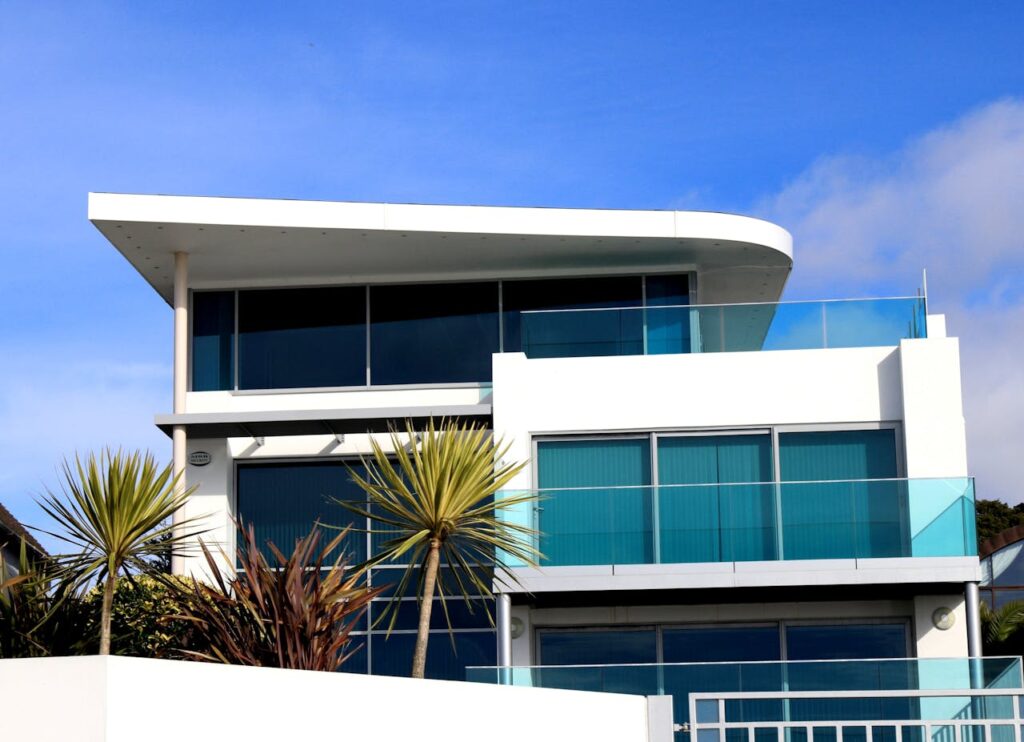Introduction
The real estate market in Ghana is experiencing dynamic growth, driven by urbanization, infrastructure development, and a growing middle class. Understanding the current trends and emerging opportunities can provide valuable insights for investors, developers, and homeowners alike. This blog post explores the evolving landscape of real estate in Ghana, highlighting key trends, investment opportunities, and future prospects.
Urbanization and Population Growth
Urban Expansion: Ghana’s urban population is projected to increase significantly in the coming decades, leading to a rising demand for residential and commercial properties in major cities such as Accra, Kumasi, and Takoradi.
Infrastructure Development: Ongoing infrastructure projects, including road expansions, new transportation networks, and improved utilities, are enhancing connectivity and driving real estate development in urban centers.
Shift Towards Mixed-Use Developments
Mixed-Use Projects: There is a growing preference for mixed-use developments that integrate residential, commercial, and retail spaces. These projects cater to the increasing demand for convenience and accessibility in urban living.
Live-Work-Play Environments: Developments that offer a blend of residential units, office spaces, shopping malls, and recreational facilities are becoming popular among modern urban dwellers seeking a balanced lifestyle.
Sustainable and Green Buildings
Environmental Considerations: There is a rising awareness of environmental sustainability and green building practices in Ghana’s real estate sector. Developers are incorporating energy-efficient designs, renewable energy sources, and eco-friendly materials into new construction projects.
Green Certification: Certification programs such as LEED (Leadership in Energy and Environmental Design) are gaining traction, signaling a shift towards environmentally responsible building practices.
Technology and Innovation
Smart Technologies: The adoption of smart home technologies, including IoT (Internet of Things) devices, automated systems, and energy management solutions, is enhancing the efficiency and attractiveness of properties in Ghana.
Virtual Reality (VR) and Augmented Reality (AR): These technologies are revolutionizing property marketing and sales, allowing potential buyers to experience properties remotely and visualize designs before construction.
Investment Opportunities
Residential Real Estate: Demand for affordable housing remains robust, presenting opportunities for developers to build quality, affordable homes to meet the needs of the growing population.
Commercial Real Estate: The expansion of businesses and the influx of multinational corporations are driving demand for office spaces, retail centers, and industrial facilities in key urban hubs.
Hospitality Sector: Tourism growth is fueling demand for hotels, resorts, and vacation homes, especially in popular tourist destinations along Ghana’s coastline and historical sites.
Challenges and Considerations
Infrastructure Deficiencies: Despite improvements, challenges such as inadequate infrastructure, water shortages, and electricity fluctuations continue to affect real estate development and investment in certain areas.
Regulatory Environment: Navigating Ghana’s regulatory landscape, including land tenure issues, permits, and taxes, requires thorough due diligence and local expertise.
Conclusion
The future of real estate in Ghana is promising, with ample opportunities for growth and investment across residential, commercial, and hospitality sectors. By staying informed about current trends, embracing sustainability, leveraging technology, and understanding market dynamics, stakeholders can capitalize on emerging opportunities and contribute to the country’s vibrant real estate landscape.
Whether you’re a prospective homeowner, investor, or developer, Northstar Home Finance Company is here to support your real estate aspirations with expert advice and tailored financial solutions.



